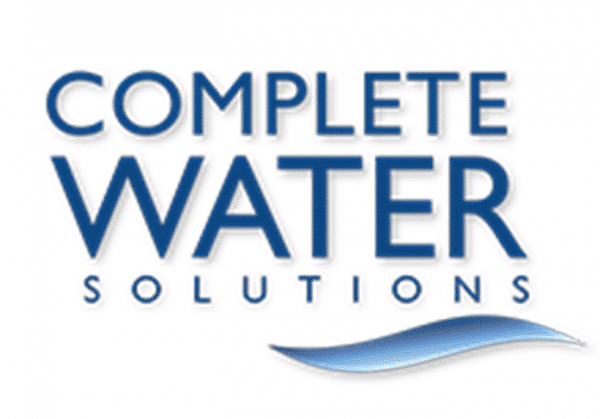Boiler Water Deposits – Part 1
The Problem of Boiler Deposits

Deposition Problems
Deposition is a major problem in the operation of steam generating equipment. The accumulation of material on boiler surfaces can cause problems like overheating and corrosion. Both of these conditions can frequently result in unscheduled downtime.
Boiler feedwater pre-treatment systems have advanced and now it is possible to provide boilers with ultrapure water. However, it requires the use of an elaborate pre-treatment system in order to get to this degree of purification.
The need to provide boilers with high-quality feedwater is a natural result of the advances made in boiler performance. The ratio of heating surface to evaporation has decreased. Therefore, heat transfer rates through radiant water wall tubes have increased-occasionally in excess of 200,000 Btu/ft²/hr. The tolerance for deposition is very low in these systems.
Boiler operating pressure, design, heat transfer rates, and steam use all determine the quality of feedwater. Most boiler systems have sodium zeolite softened or demineralized makeup water. Feedwater hardness usually ranges from 0.01 to 2.0 ppm, but even water of this purity does not provide deposit-free operation. Therefore, good internal boiler water treatment programs are necessary.
Common feedwater contaminants that can form boiler deposits include calcium, magnesium, iron, copper, aluminum, silica, and (to a lesser extent) silt and oil. Most deposits can be classified as one of two types:
• scale that crystallized directly onto tube surfaces
• sludge deposits that precipitated elsewhere and were transported to the metal surface by the flowing water
Learn more about boiler deposits in part 2 of the series below!

